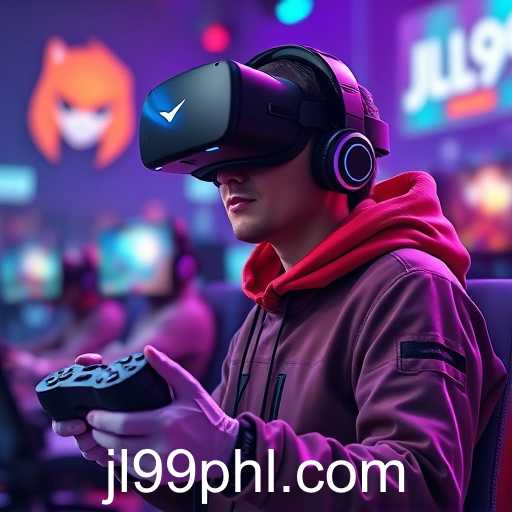As we navigate through the year 2025, the gaming industry stands at the forefront of technological innovation and cultural influence. Websites like 'jl99' continue to play a pivotal role in shaping the online gaming community, offering enthusiasts a platform to engage with the latest trends and developments. This year has seen significant shifts in the industry, driven by advancements in technology and an increasing global appetite for interactive entertainment.
One of the major trends in 2025 is the integration of virtual reality (VR) in mainstream gaming. With hardware becoming more affordable and accessible, game developers are pushing the boundaries of immersive experiences. The challenge now lies in creating content that not only captivates players but also leverages the unique potentials of VR technology. Developers are focusing on building dynamic environments and interactive gameplay that feel lifelike, offering players unprecedented levels of engagement.
Meanwhile, the esports sector continues its meteoric rise, forming a massive part of the global gaming landscape. With the proliferation of high-speed internet and streaming platforms, esports tournaments are reaching larger audiences than ever before. This growth provides lucrative opportunities for players and organizations alike, while also presenting challenges related to regulation, sportsmanship, and audience engagement. Organizations are exploring innovative ways to ensure integrity and fair play, while keeping fans deeply invested.
However, the industry faces challenges, particularly in adapting to changing consumer behaviors and maintaining the balance between monetization and user experience. Microtransactions, though a highly profitable model, have received criticism for potential exploitation. Developers and publishers are now tasked with finding ethical approaches that do not alienate the gaming community.
The dynamic landscape of gaming in 2025 also emphasizes the importance of global communities and cross-cultural interactions. Platforms are not only venues for gaming but also for social interaction, creativity, and learning. "jl99" exemplifies this by providing gamers with resources that help them improve their skills, connect with peers, and stay informed about the latest industry updates.
In conclusion, as the gaming industry continues to evolve, the relationship between technology, community, and commerce becomes even more intricate. The ability to adapt and innovate in response to emerging trends and challenges will dictate the future successes of platforms and developers alike. The ongoing dialogue between developers, players, and platforms will surely shape the next generation of gaming.








